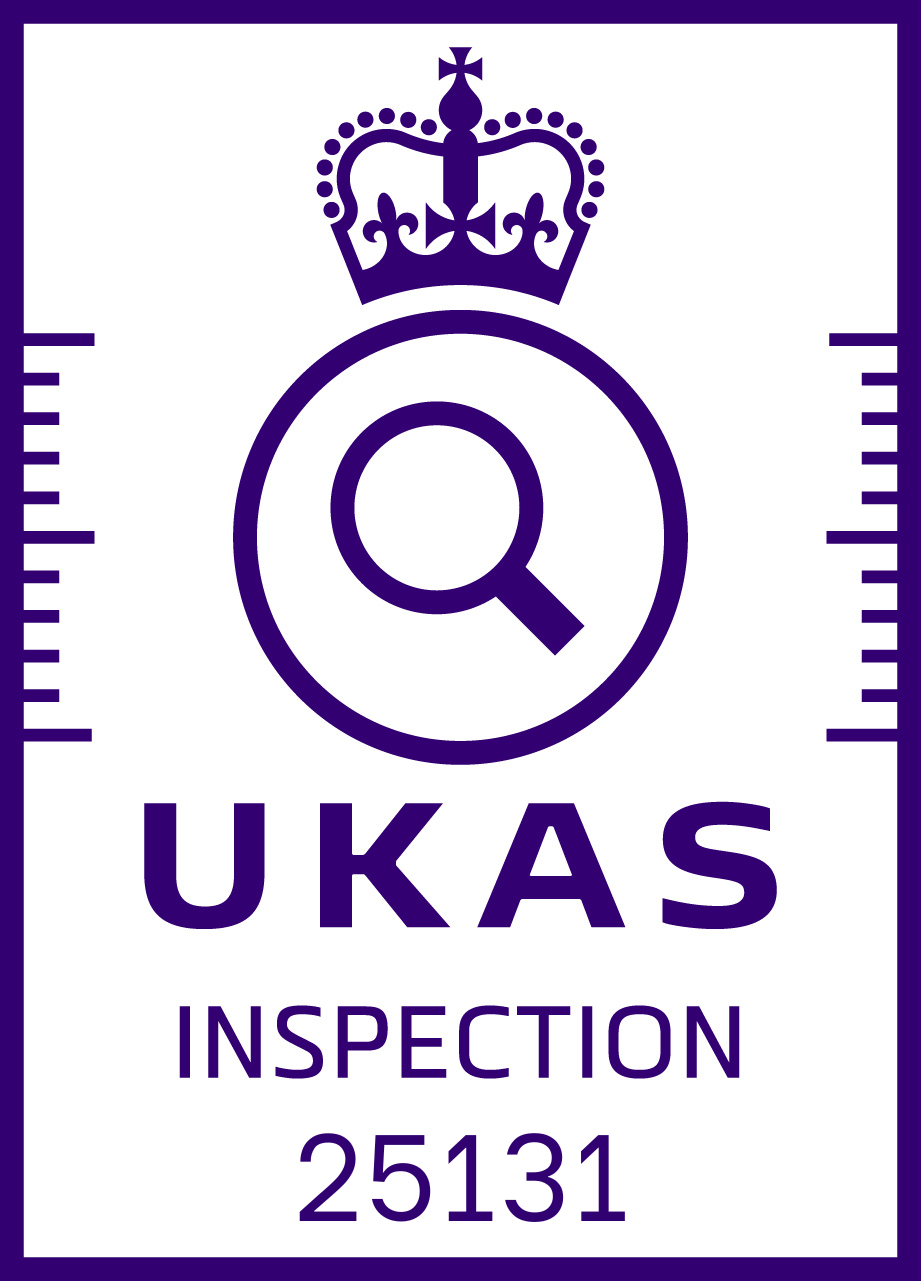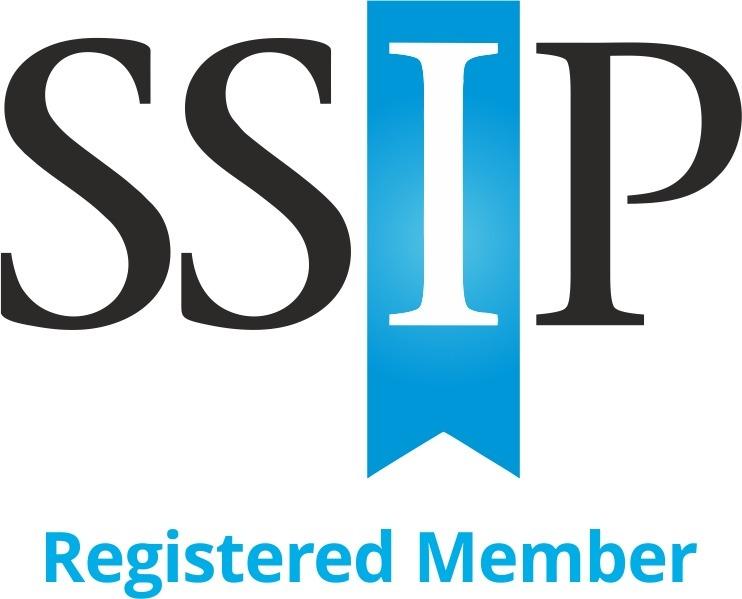A recent poll conducted by IOSH during International Stress Awareness Week unveiled some concerning statistics regarding work-related stress. Out of 1,870 respondents, a substantial 84% admitted that their work had caused them to feel stressed over the past 12 months. Perhaps even more alarming, over half of those surveyed, accounting for 54%, expressed that they would not be comfortable discussing their stress at work.
Some respondents recognised the value of manageable stress as a motivational force. One participant commented, "A certain amount of stress is healthy and makes people work better, as long as it's a healthy level of stress." It seems that the key lies in striking a balance. As another respondent pointed out, "The issues arise when you can't shut down after you finish for the day; that's when it becomes problematic. I have learned to switch off as soon as I 'switch off.' To me, it's about finding that very fine balance."
However, the prevalent sentiment among respondents was an apprehension to discuss their high stress levels at work. A critical reference was made to employers' "wellbeing washing," implying that some managers might not feel comfortable helping a stressed employee or may become defensive or ignore the issue. This is despite the employer's responsibility for the well-being of their staff.
The respondents emphasised that trust is a critical factor in opening up about work-related stress. One individual stated they would only discuss their stress if the employer respected their wishes regarding disclosure.
The consequences of unchecked work-related stress are severe, not only for individual employees but also for organisations. Excessive stress can lead to a range of health issues, including headaches, gastrointestinal problems, depression, anxiety disorders, heart attacks, and diabetes. The symptoms of work-related stress don't just affect individuals; they can also lead to organisational problems such as increased absenteeism, presenteeism (employees being present but not fully productive), higher accident and injury rates, more early retirements, reduced productivity, and decreased engagement.
These issues collectively contribute to significant financial costs for businesses and society on a global scale, reaching into the billions.
Fortunately, work-related stress is preventable through the implementation of appropriate measures. Addressing this problem is essential for safeguarding the well-being of employees and the long-term health and success of organisations.
IOSH has a number of helpful articles for employers and employers who are looking to combat work-related stress:
Effective measures to combat work-related stress









